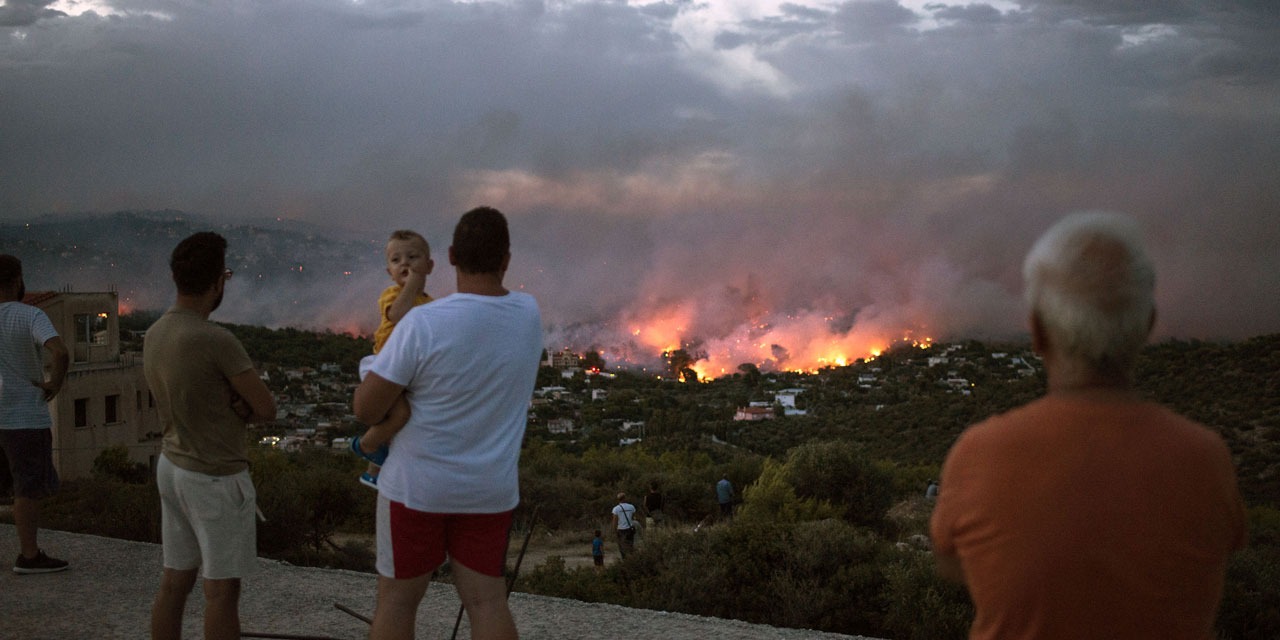Europe 1 with AFP 13:37 pm, 02 August 2023
"The Greek government will offer a free week of holidays in Rhodes next spring or autumn to those who had to shorten their holidays because of the fires," Greek Prime Minister Kyriakos Mitsotakis told ITV.Tourists forced to shorten their stay in Rhodes because of the violent fires that hit the Greek island in July will be able to return next year for "a week of free vacation", announced Wednesday the Greek Prime Minister. In the middle of a heat wave, a violent fire, triggered on July 18 and fanned by strong winds, ravaged in ten days nearly 17,770 hectares in the south of this very touristic island in the Aegean Sea (Southeast), according to the European observatory Copernicus (EMS).
"Rhodes is safe"
About 20,000 people, mostly tourists, had to be evacuated during the night of July 23, according to Athens. Firefighters had initially mentioned 30,000 evacuations. The German group TUI, the world's number one in tourism, and the British company Jet2 had suspended their flights to Rhodes before transporting their empty aircraft to evacuate affected tourists.
Fearing repercussions on this sector that drives the country's economy, Greek tour operators recently launched a campaign on social networks called "Rhodes is safe" to encourage tourists to visit the island. "Rhodes is now more welcoming than ever, she is back to normal," Kyriakos Mitsotakis told ITV.
>> READ ALSO - Greece: slight improvement on fire front, firefighters remain "on a war footing"
Last minute bookings
Asked by AFP about the number of possible trip cancellations, TUI said it did not have a precise figure. "Most of the customers who were unable to spend their holidays in southern Rhodes booked other destinations in the Mediterranean," said a spokesman for the operator in Hanover (northwestern Germany). Since Tuesday, TUI has been offering organized trips to the island again. "The desire of customers to go there is great, we are now planning last-minute bookings," he said.
Greece experienced the longest July heat wave in late July with temperatures of over 40C in many places, according to the National Observatory in Athens. Multiple fires then broke out, including on another very touristic island, Corfu (Northwest) where some 2,500 people had to be evacuated.

